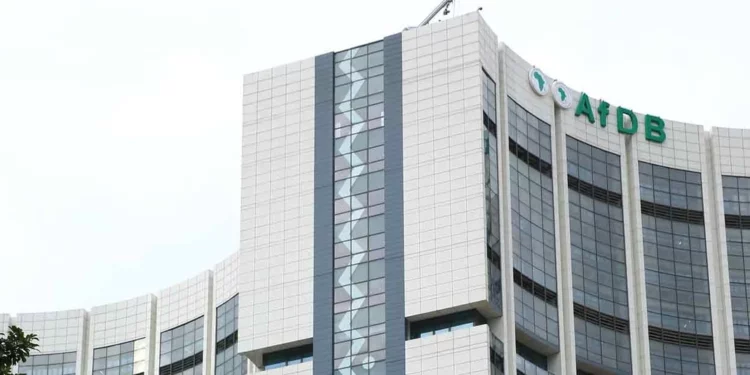AfDB Signals Funding Intent to Propel Ghana’s 24-hour Economy Policy
The African Development Bank has thrown its institutional weight behind Ghana’s 24-hour economy agenda, signalling intent to provide financing and technical assistance aimed at unlocking new industrial capacity and boosting economic participation.
Speaking at a press conference in Accra, Solomon Quaynor, Vice President of the AfDB for Private Sector, Infrastructure and Industrialisation, said the Bank views the policy as a “visionary” economic transformation strategy, adding that it had already engaged in detailed consultations with the implementing authorities.
“The 24-hour economy initiative looks promising and has tremendous potential to transform Ghana’s economy,” said Quaynor. “We conducted a series of intensive working sessions with the Secretariat, Goosie Tanoh, the Ghana Infrastructure Investment Fund and other partners. We have identified concrete areas where the Bank can provide meaningful support.”
The policy, which aims to incentivise round-the-clock operations in sectors such as manufacturing, retail, logistics and services, is designed to address structural unemployment and lift GDP growth by driving productivity and labour absorption.
While the AfDB has not disclosed the size of its proposed commitment, people familiar with the matter suggest the package will include a mix of concessional loans, grants and technical support targeting both state institutions and private sector operators.
Quaynor highlighted energy and transport infrastructure as critical enablers of the 24-hour economy, noting that stable electricity supply, efficient logistics corridors and reliable digital connectivity would be essential in sustaining non-stop operations.
“We are particularly excited about the opportunity to support integrated industrial parks, especially in textiles, garments and light manufacturing,” he said, citing the Volta Economic Corridor as a potential anchor project for regional industrialisation.
The Bank’s support, he added, would also include project preparation assistance and knowledge-sharing on special economic zone development.
The initiative marks a broader shift in Ghana’s economic strategy towards productivity-led growth, as policymakers seek to reposition the country as a competitive industrial hub within West Africa.
The AfDB’s endorsement is expected to bolster investor confidence and catalyse co-financing from development partners and commercial lenders.
As implementation plans take shape, the Bank is expected to work closely with sector ministries, municipal governments and industry stakeholders to align financing with execution priorities.








